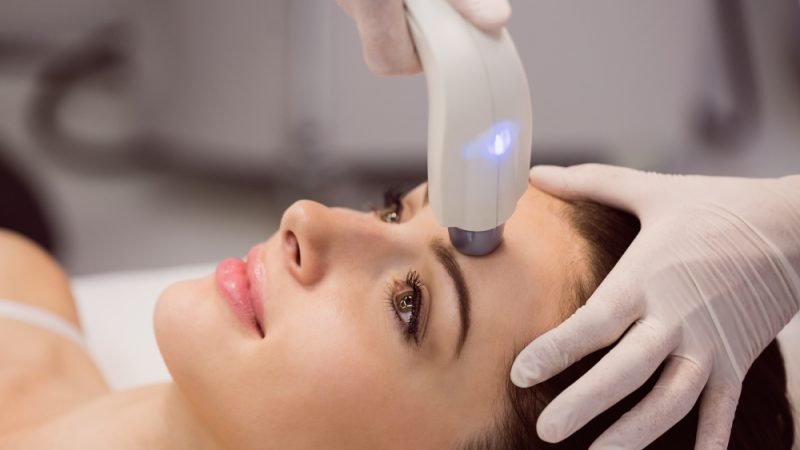Laser Treatment
What is laser Treatment?
Laser treatment, also known as laser therapy or laser surgery, involves the use of concentrated beams of light to target specific tissues or areas of concern within the body. These highly focused beams can penetrate the skin with unparalleled precision, making them invaluable in both cosmetic and medical procedures.

Benefits of Laser Treatment
- In the field of cosmetic procedures, lasers are used for various purposes such as skin rejuvenation, scar reduction, tattoo removal, hair removal, and more. Laser therapy provides a non-invasive or minimally invasive option to traditional surgical techniques, often leading to shorter recovery periods, minimal scarring, and fewer complications.
- In the medical field, lasers are used for a variety of purposes, including the treatment of skin conditions such as acne, psoriasis, and vitiligo, as well as eye disorders like retinal diseases and glaucoma. Furthermore, lasers are essential in procedures like LASIK eye surgery and dental treatments.
Book an Appointment
Risks Associated with Laser Treatment
While laser treatment is generally safe and effective when performed by qualified professionals, there are certain risks and potential complications to consider. These may include:
- Skin irritation or redness
- Swelling or bruising
- Changes in skin pigmentation
- Scarring or blistering
- Infection
- Eye injury (if the treatment involves the eyes)
It’s essential to undergo a thorough consultation with a trained practitioner to assess individual risk factors and ensure suitability for laser therapy.
Preparing for Laser Treatment
Preparing for laser treatment involves several steps to optimize the outcomes and minimize risks. Before the procedure, patients may be advised to:
- Avoid sun exposure and tanning beds to reduce the risk of skin damage.ons are not followed.
- Discontinue certain medications or supplements that could increase the risk of bleeding or interfere with the procedure.
- Follow any specific pre-operative instructions provided by the healthcare provider, such as cleansing the treatment area or applying topical numbing cream.
During the Operation
During the laser treatment procedure, patients can expect to:
- Wear protective eyewear to shield their eyes from the laser beams.
- Experience minimal discomfort or sensation, depending on the type of laser and the treatment area.
- Remain in communication with the healthcare provider to ensure comfort and safety throughout the procedure.
- Undergo multiple passes or adjustments of the laser as needed to achieve optimal results.
After Laser Treatment
After undergoing laser treatment, patients should adhere to post-operative care instructions provided by their healthcare provider. This may include:
- Applying prescribed topical medications or soothing creams to the treated area.
- Avoiding sun exposure and wearing sunscreen to protect the skin during the healing process.
- Keeping the treated area clean and dry to reduce the risk of infection.4. Avoid strenuous activities or excessive heat that could exacerbate swelling or discomfort.
Results of Laser Treatment
The results of laser treatment can vary depending on the type of procedure, the individual’s skin type, and other factors. In many cases, patients may notice gradual improvements in their condition over several weeks or months following the procedure. For cosmetic treatments like scar reduction or skin rejuvenation, multiple sessions may be necessary to achieve the desired outcome.
Schedule Your Appointment Today
Do you want to rejuvenate your skin? Our latest laser technology can help you achieve a brighter and more youthful complexion. Contact us today to schedule a consultation and take the first step towards flawless skin.
